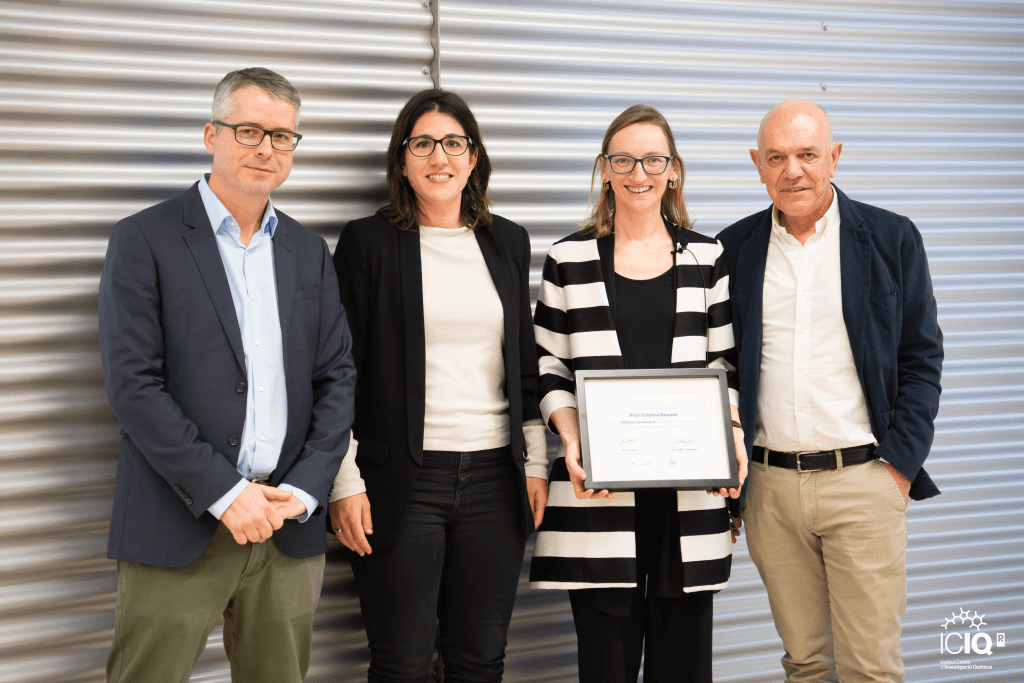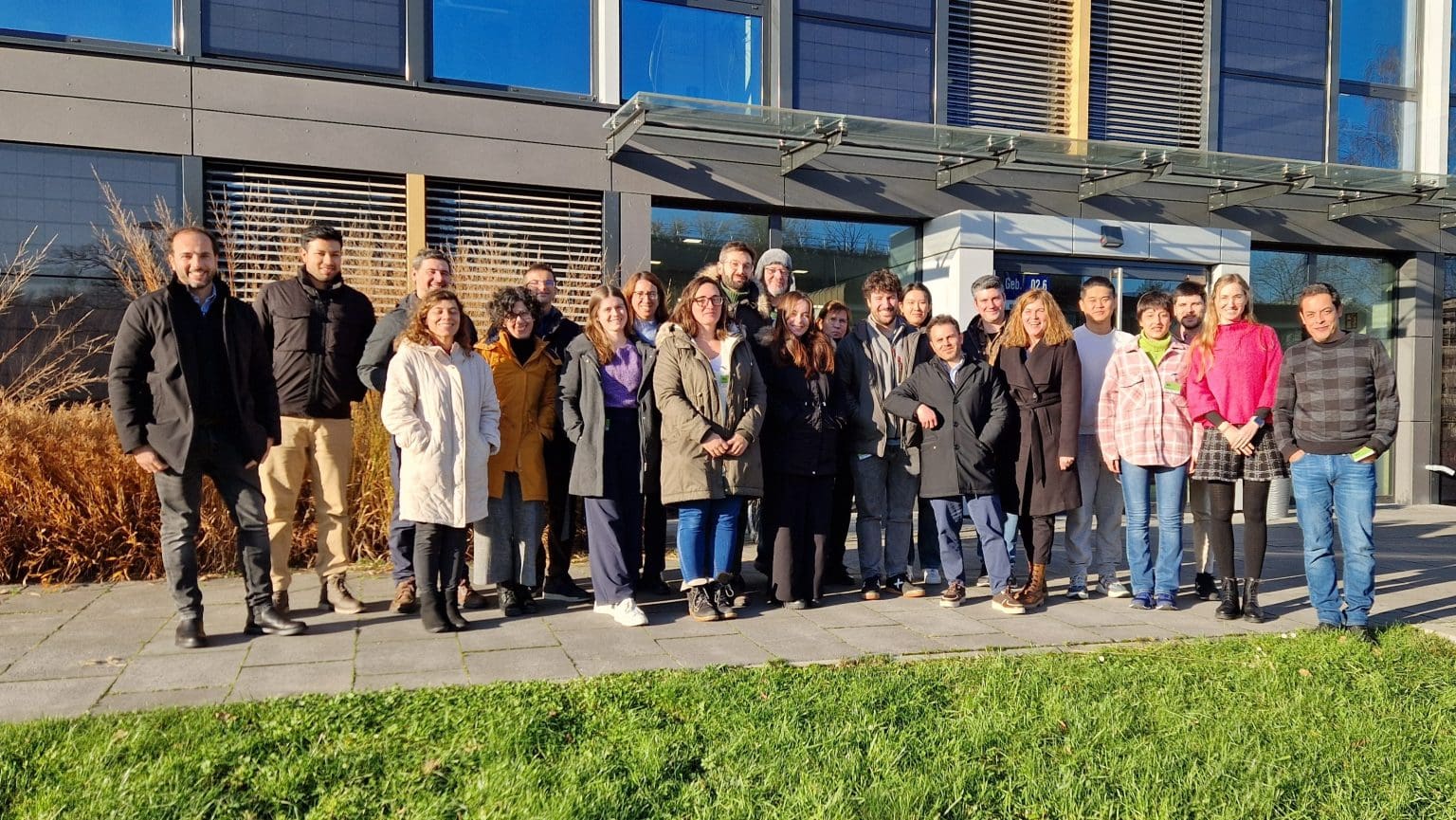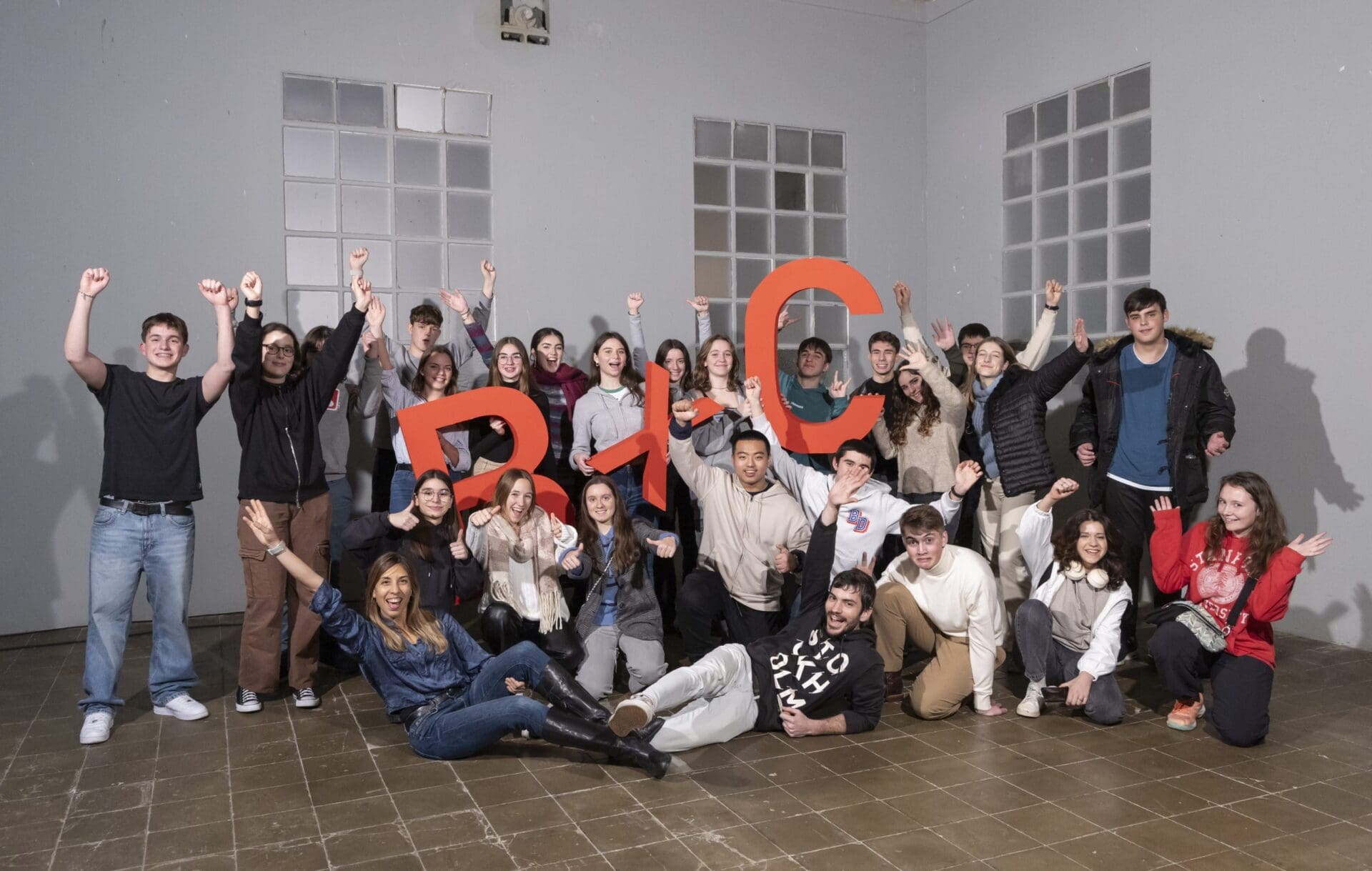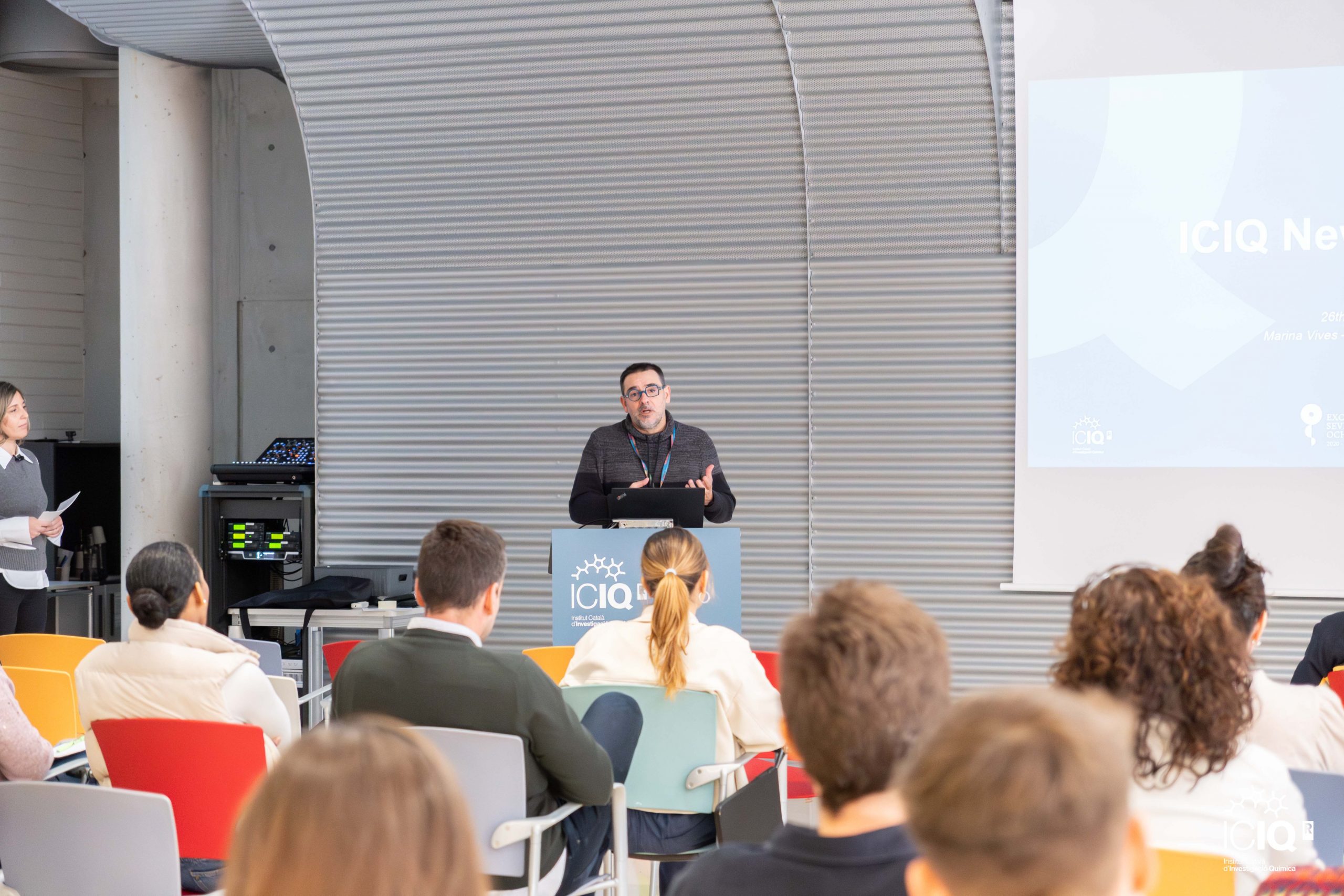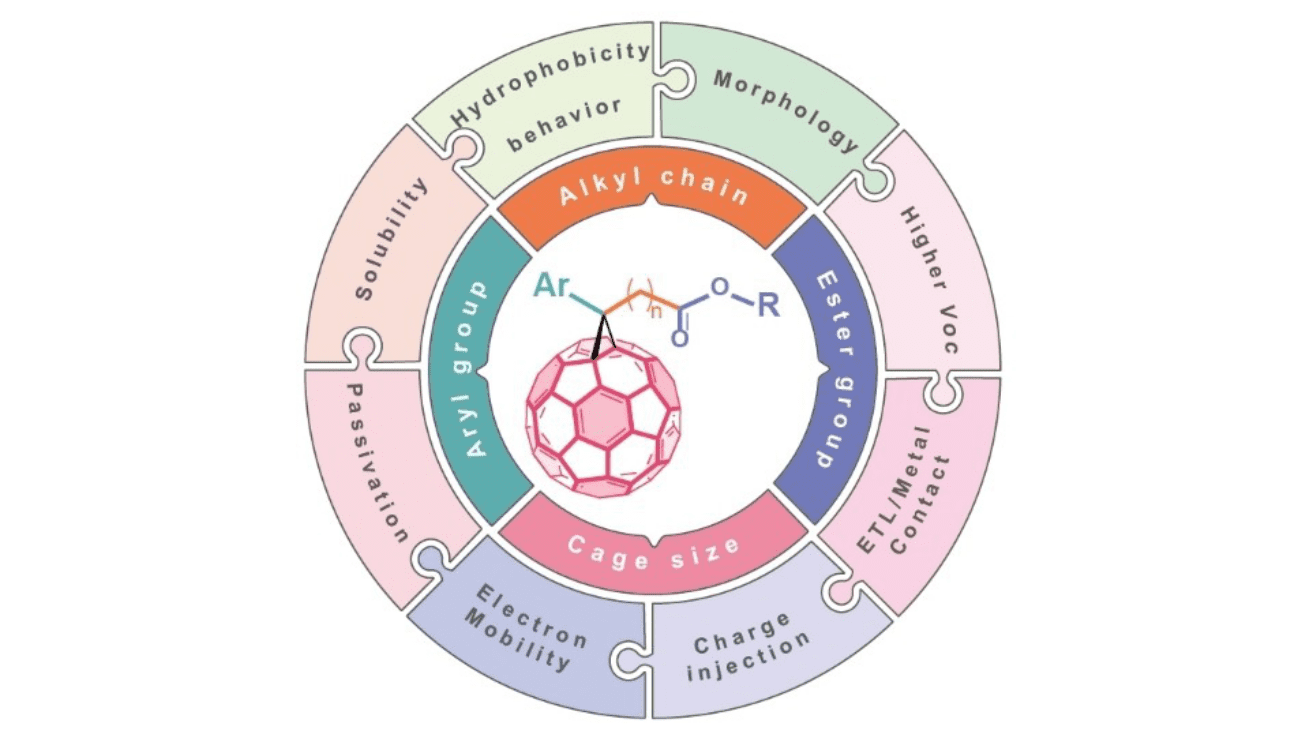Vidal et al. paper in the inside cover of Chemistry A European Journal
 The paper deals with the preparation of a set of narrow bite-angle P–OP ligands the backbone of which contains a stereogenic carbon atom. The synthesis was based on a Corey–Bakshi–Shibata (CBS)-catalyzed asymmetric reduction of phosphomides. The structure of the resulting 1,1-P–OP ligands, which was selectively tuned through adequate combination of the configuration of the stereogenic carbon atom, its substituent, and the phosphite fragment, proved crucial for providing a rigid environment around the metal center, as evidenced by X-ray crystallography. These new ligands enabled very good catalytic properties in the Rh-mediated enantioselective hydrogenation and hydroformylation of challenging and model substrates (up to 99 % ee). Whereas for asymmetric hydrogenation the optimal P–OP ligand depended on the substrate, for hydroformylation, a single ligand was the highest-performing one for almost all studied substrates: it contains an R-configured stereogenic carbon atom between the two phosphorus ligating groups, and an S-configured 3,3′-diphenyl-substituted biaryl unit.
The paper deals with the preparation of a set of narrow bite-angle P–OP ligands the backbone of which contains a stereogenic carbon atom. The synthesis was based on a Corey–Bakshi–Shibata (CBS)-catalyzed asymmetric reduction of phosphomides. The structure of the resulting 1,1-P–OP ligands, which was selectively tuned through adequate combination of the configuration of the stereogenic carbon atom, its substituent, and the phosphite fragment, proved crucial for providing a rigid environment around the metal center, as evidenced by X-ray crystallography. These new ligands enabled very good catalytic properties in the Rh-mediated enantioselective hydrogenation and hydroformylation of challenging and model substrates (up to 99 % ee). Whereas for asymmetric hydrogenation the optimal P–OP ligand depended on the substrate, for hydroformylation, a single ligand was the highest-performing one for almost all studied substrates: it contains an R-configured stereogenic carbon atom between the two phosphorus ligating groups, and an S-configured 3,3′-diphenyl-substituted biaryl unit.
It has also been selected as ‘Hot Paper’.
Enantiopure Narrow Bite-Angle P-OP Ligands: Synthesis and Catalytic Performance in Asymmetric Hydroformylations and Hydrogenations
H. Fernández-Pérez, J. Benet-Buchholz, A. Vidal-Ferran
Chem. Eur. J., 2014, 20, 15375-15384
Related news

Let's create a brighter future
Join our team to work with renowned researchers, tackle groundbreaking
projects and contribute to meaningful scientific advancements






 11-12-2024
11-12-2024 
